Phantom and Die Finanzen des Großherzogs
Phantom
A town clerk with ambitions of being a poet, Lorenz Lubota, lives a happy existence with his meagre salary and poetic jottings until one day he is nearly run over by a carriage whilst engrossed in a book. The occupant, Marie Starke, is a wealthy and materialistic woman and Lorenz is immediately smitten. He tells her he is a poet and does everything he can to try and finance his attempts to keep her as his lover but when he is fired, Lorenz is convinced by his brother in law, Schwabe, to play on the 'successful poet' angle and con money out of his rich aunt.
By now his spending is out of control and his mother is seriously ill so Lorenz has a change of heart and considers confessing all in the town centre and begging for forgiveness. His aunt will have none of this and tells him that the law will be quite unforgiving, that the shock will almost certainly kill his mother and he must repay the money. The only way of getting the cash is through crime and Lorenz is weak enough to be convinced by Schwabe to rob his relative.
Released shortly after the horror masterpiece Nosferatu, this demonstrates what a great range F. W. Murnau had, directing the wonderful screenplay by Thea von Harbou (from a novel by Gerhart Hauptmann) into a romantic thriller. The title conjures images of another supernatural horror but, in this case, phantom refers to the destructive lure of money at a time when the German economy was at crisis point. Murnau's direction is wonderful and you need to really pay attention to fully appreciate his skill as events take place through windows and in the background.
The sets and lighting are pure expressionism and, whilst this is not as exaggerated as The Cabinet of Dr. Caligari, Murnau employs a range of visual tricks to externalise Lorenz' emotional turmoil.
Phantom is one of several films that Murnau made in his most productive period and one that I hadn't seen before as it wasn't available in the UK. It is a classy and involving film, not up there with Faust, Nosferatu or Sunrise, but a marvellous film from one of Germanys greatest directors.
Die Finanzen des Großherzogs
The name F.W. Murnau evokes images of turmoil, darkness and the stuff of nightmares but he obviously had a lighter side as is illustrated in this, The Finances of the Grand Duke. Made in the period between Nosferatu and The Last Laugh, this is a romantic drama with comedic elements, almost verging on a comedy of errors at times.
The story involves a fictional Mediterranean island, Abacco, where its benevolent dictator enjoys spending money so much - the opening scene shows him throwing coins into the sea for children to fetch - that the country is bankrupt and the creditors are on their way. The Grand Duke is offered a fortune to allow drilling to begin for the vast sulphur deposits but he thinks of the health hazards to the population and throws the man out.
Meanwhile, a master criminal, Philipp Collins, learns of the letter sent by Grand Dutchess Olga of Russia in which she promises to marry the Grand Duke and save his bankrupt nation. A great forger and benevolent villain, Collins uses the information to invest in Abacco's securities with the intention of making a fortune once the two marry. Events are complicated when the sulphur miner incites revolution with a motley band of villains including a hunchback played by Max Schreck. The Grand Duke is on his way to meet Olga when he learns of the coup and has to rush home. Of course, Collins knows what he is doing and the forged letter (and the original copy) plays a big part in the dénouement.
Harry Liedtke is reasonably entertaining as the Grand Duke but the star of the show is Alfred Abel as Collins (who also played Lorenz in Phantom), a fantastic anti-hero who has indoor greyhound races and seems to be a benevolent version of Dr. Mabuse, who coincidently was introduced to cinema audiences two years earlier.
As a light piece of entertainment this works quite well and shows how varied Murnau's output was - it's great to see it on DVD.
The Disc
Extra Features
There is apparently a booklet with a new essay on each film by Janet Bergstrom which, if previous Masters of Cinema releases are anything to go by, should be well worth reading.
Film scholar David Kalat provides a lively and informative commentary on Die Finanzen des Großherzogs which is probably about 25% on the film and 75% on Murnau and the German film industry at the time. As with his audio essays on the Mabuse Boxset, it is really well researched and delivered, making it a great listen for anyone with an interest in these subjects.
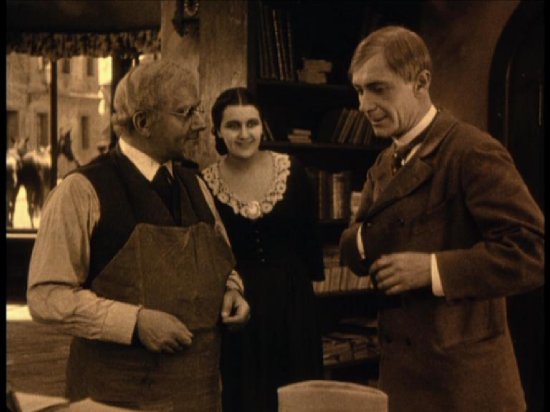
The Picture
These have both apparently been painstakingly put together by the Friedrich-Wilhelm-Murnau-Stiftung using a variety of sources from across Europe and the results are incredible: as good as you get with films over 80 years old and with new digital tints on Phantom applied using archive documentation as reference points. The Finances of the Grand Duke is presented with a sepia tint throughout.
They both look fantastic and have new German intertitles with optional English subtitles which made the films easy to follow.
The Sound
Again, both have scrubbed up soundtracks with superb scores conveying the emotion and themes very well.
Final Thoughts
This is an extremely welcome release by Eureka with The Masters of Cinema Series doing the films full justice. As a fan of Murnau's work who has just seen the more well-known films, I really enjoyed watching these and would recommend the set to anyone who has seen his more famous works and would like to fill the gaps in Murnau's filmography.
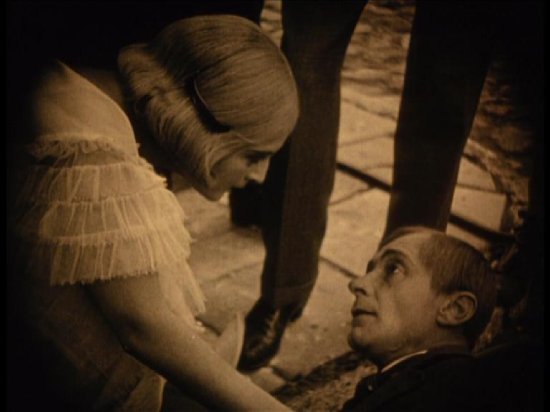
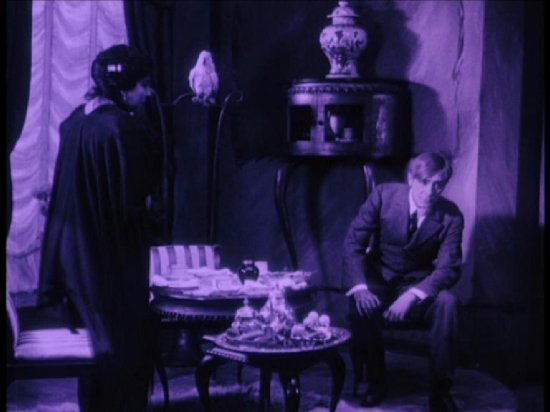
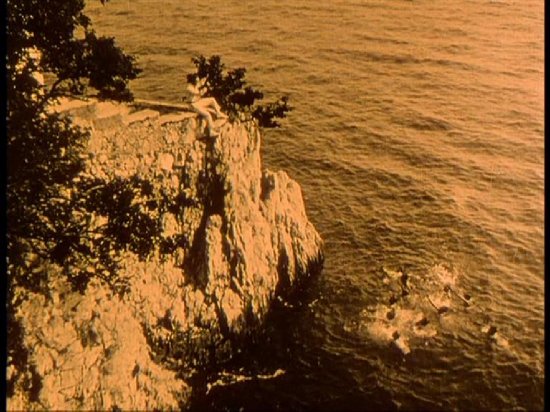
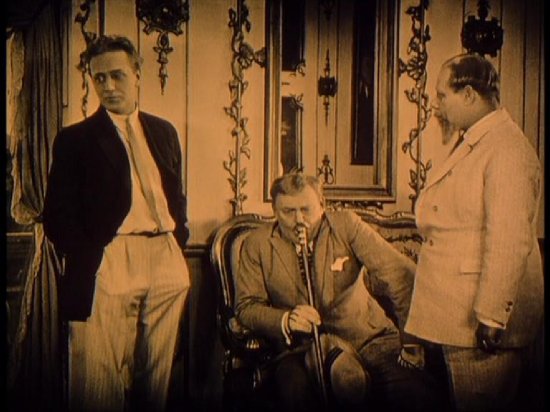
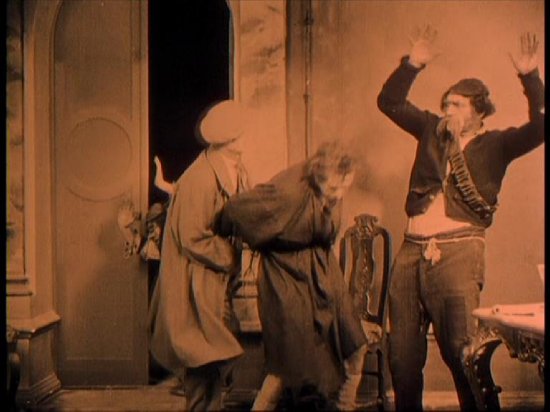
Your Opinions and Comments
Be the first to post a comment!